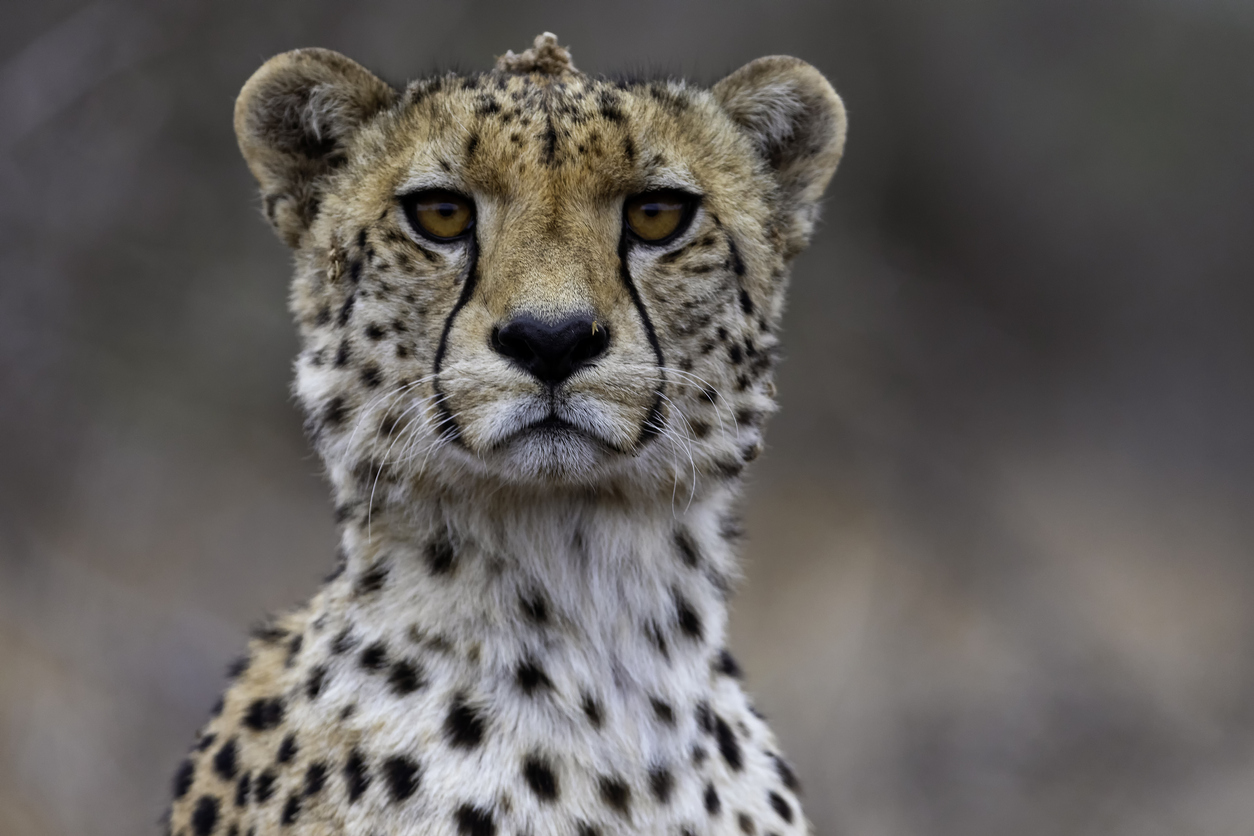- Saturday, July 27, 2024

By: Shubham Ghosh
The department of forestry, fisheries and environment of South Africa on Thursday (27) reacted to the news of deaths of two cheetahs that were airlifted from Africa to the Kuno National Park in the central Indian state of Madhya Pradesh last September, saying such events are within expected mortality rates for a project of this nature.
A statement issued by the department said, “The cheetah joined eight of the mammals relocated to India’s Kuno National Park from Namibia in September 2022. The two cheetah deaths (one from Namibia and one from South Africa) observed to date are within expected mortality rates for a project of this nature.”
The cats were relocated to Kuno National Park, Madhya Pradesh as part of an initiative to expand the cheetah meta-population and to reintroduce cheetahs to a former range state.
The statement further said, “Large carnivore reintroductions are extremely complex and inherently risky operations. This is a critical phase of the project, with cheetahs being released into larger environments where there is increasingly less control over their day-to-day wellbeing.”
According to the statement, the risks for injury and mortality will be increasing, and these risks are factored into the reintroduction plan.
“The Department of Forestry, Fisheries and the Environment (DFFE) awaits a diagnosis (an autopsy) for the death of the cheetah, but there is no indication that it is any form of infectious disease or that there is a similar threat to any of the other cheetahs”, the South African government said in a statement.
“All the South African cheetahs are in larger enclosures and are closely monitored twice daily. As they are wild cheetahs, their behaviour, movements, and body condition must be evaluated from a distance, limiting the ability of teams on the ground to gain precise knowledge of their health status,” the statement added.
“The remaining eleven South African cheetahs will be released into free-ranging conditions over the next two months. Kuno is an unfenced protected area that supports a high density of competing predators including leopards, wolves, sloth bears, and striped hyenas. It is anticipated that, as observed with cheetah reintroductions in Africa, a few of the founder population may be lost within the first-year post-release”, it said.
“Many of the released cheetahs will escape the boundaries of Kuno National Park and may have to go through short-term stress during the recapture process. Once the cheetahs have established home ranges, the situation will stabilise,” the statement added.
Uday, a six-year-old cheetah which was brought to India from South Africa, reportedly died on Sunday (23).
Last month, five-year-old Sasha, one of the eight cheetahs brought to India from Namibia, succumbed to kidney failure after she was diagnosed with an infection in January. Also in March, one cheetah named Siyaya gave birth to four cubs.
Earlier this year, the governments of South Africa and India signed a Memorandum of Understanding (MoU) on Cooperation on the Re-introduction of Cheetah to India. The cat became extinct in India in the early 1950s due to hunting and loss of habitat.
The MoU facilitates cooperation between the two countries to establish a viable and secure cheetah population in India; promotes conservation and ensures that expertise is shared and exchanged, and capacity is built, to promote cheetah conservation.
This includes human-wildlife conflict resolution, capture and translocation of wildlife and community participation in conservation in the two countries.
(With ANI inputs)